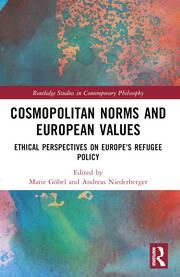Introduction to Ethical Refugee Policy
In Europe, refugee policies are often entangled with political agendas. However, ethical frameworks in policymaking are emerging to counteract this trend.
Principles of Ethical Refugee Policy
Human Rights and Dignity
Central to ethical refugee policies is the respect for human rights and dignity. These principles guide countries in creating fair treatment protocols for refugees.
Inclusivity and Diversity
Ethical policies emphasize inclusivity, acknowledging the diverse backgrounds of refugees. This approach fosters social cohesion rather than division.
Strategies to Resist Politicization
Collaboration with NGOs
Partnerships with non-governmental organizations are crucial for ethical refugee policies. These collaborations can help demystify the refugee experience and promote empathy.
Community Engagement
Community engagement initiatives empower local populations to participate in the refugee integration process. This grassroots approach can diffuse tensions that may arise from political rhetoric.
Adherence to International Standards
Sticking to international conventions regarding refugee rights is vital in resisting politicization. This adherence ensures that national policies align with global human rights standards.
Conclusion and Future Directions
As Europe navigates complex refugee challenges, ethical policies remain essential. Advocating for human rights and understanding will allow for a more humane refugee approach. For more insights, visit this article on ethical refugee policy.

